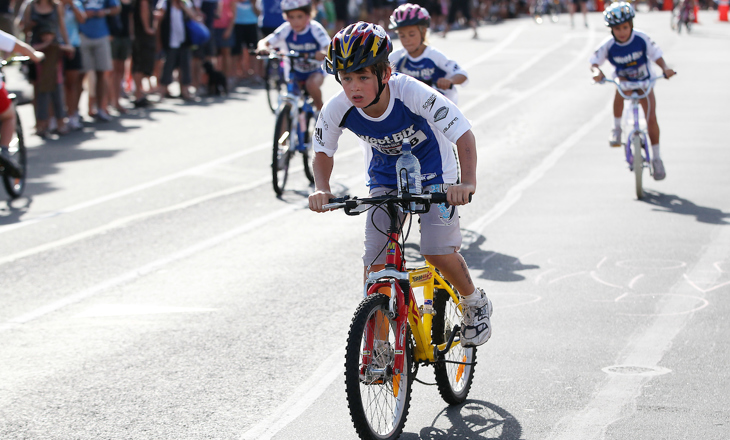Building a positive participation environment
Building a positive participation environment

Young people who enjoy their sport develop a lifelong love of the game, turning them into active and healthy adults. At the heart of this is putting the emphasis on the needs of the young person. Parents play a key role supporting young people and nurturing that life long love.
Research has helped identify whats happening in New Zealand and overseas and identified three key issues:
The key issues
- Childhood success is not a reliable predictor of future success.
We’re all different, and our development doesn’t occur in a simple straightforward manner – or at the same speed. We need our competitive sporting opportunities to reflect this, rather than over-investing (both time and money) in just the kids who the show the most promise at a young age. - Identifying athletes early and specialising early on is taking its toll on young people.
Too many young athletes are specialising in one sport in the belief this is the best way for them to develop into elite adults. In truth, burnout, overuse injuries and declining motivation are more likely to be the outcomes of early specialisation. We need to delay selection decisions, and find ways to keep more young people involved in a range of quality experiences in competitive sport – for longer. - A focus on winning rather than development.
It's time to stop focusing on high performance and overemphasising ‘winning’ in youth sport. This approach is creating a lack of balance and leads to high workload and high pressure for our young people too soon. A focus on development and getting better is what young people want and what successful athletes and people focus on.
What you can do?
Remember why young people participate in sport – it’s about fun, the challenge, being part of a team or group, being with friends and self-improvement. Working together we can provide a positive sporting environment for our kids.
- Encourage kids to be involved in a variety of sports during their school years, so they experience a wide range of sporting activities, stay engaged and have time to pick the sport that’s best for them.
- Wait before selecting one sport and avoid forcing kids to specialise too early.
- Allow kids to experience a variety of playing positions.
- Be patient and focus on the long-term goal. Emphasise that athlete development can take time. Everyone improves at different rates.
- Provide positive support through the good and challenging times.
- Keep winning in perspective and focus on developing a love of sport.
- Make the focus on kids’ learning and development needs. Motivate our kids to get better by relating improvements in their performance to their effort.
- Put kids’ needs first. Leave out our egos – it is not about us.
Parent checklist
Here are some things to consider:
- Is your child playing modified sport?
- Is the field or court size appropriate for their age?
- Are they using smaller or modified equipment, and playing under modified rules and scoring?
- Is your child smiling and laughing most of the time?
- Do they look forward to practices and games?
- Do they want to play outside of normal practice times?
Where can I get more information or help?
Visit https://balanceisbetter.org.nz/parents/